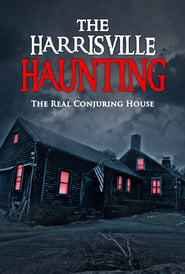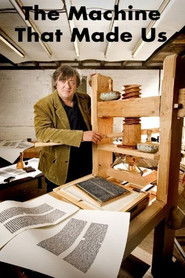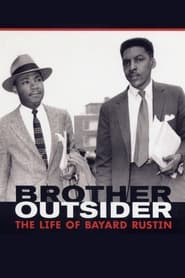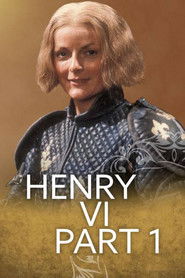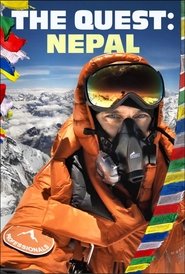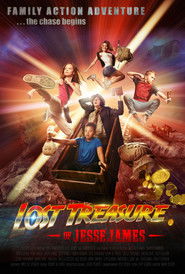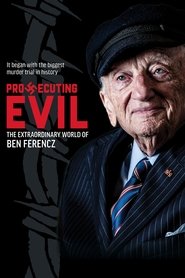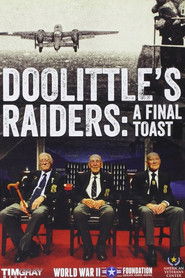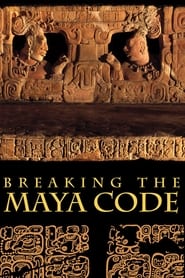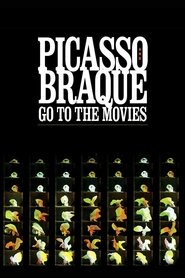Popular History Movies on Free Services - Page 77
-
Rabbit à la Berlin
2009
Rabbit à la Berlin
2009
star 6.4The untold story about wild rabbits which lived between the Berlin Walls. For 28 years Death Zone was their safest home. Full of grass, no predators, guards protecting them from human disturbance. They were closed but happy. When their population grew up to thousands, guards started to remove them. But rabbits survived and stayed there. Unfortunately one day the wall fell down. Rabbits had to abandon comfortable system. They moved to West Berlin and have been living there in a few colonies since then. They are still learning how to live in the free world, same as we - the citizens of Eastern Europe. -
Stateless
2020
Stateless
2020
star 5Director Michèle Stephenson’s new documentary follows families of those affected by the 2013 legislation stripping citizenship from Dominicans of Haitian descent, uncovering the complex history and present-day politics of Haiti and the Dominican Republic through the grassroots electoral campaign of a young attorney named Rosa Iris. -
The Harrisville Haunting: The Real Conjuring House
2022
star 3.5Four paranormal researchers and YouTubers document the paranormal claims of the Harrisville Farmhouse. The inspiration for the well known movie "The Conjuring". Is it truly haunted? -
Last Will. & Testament
2012
star 7It's the greatest mystery of all time; who wrote the works of Shakespeare? DEREK JACOBI leads an impressive cast on a quest to uncover the truth behind the world's most elusive author and discovers a forgotten nobleman whose story could rewrite history. -
The Machine That Made Us
2008
star 7The printing press was the world's first mass-production machine. Its invention in the 1450s changed the world as dramatically as splitting the atom or sending men into space, sparking a cultural revolution which shaped the modern age. -
A Rogue in Londinium
2021
A Rogue in Londinium
2021
star 2Richard Rhys, a painter in Victorian London, is the prime suspect in the Jack the Ripper murders. In a chance encounter he meets a wealthy reformer and socialite, Victoria Thornton, married to the richest man in England. Their passionate love affair results in a pregnancy and possible scandal and ruin. It is a story of redemption and true love. -
Brother Outsider: The Life of Bayard Rustin
2003
star 5Documentary on Bayard Rustin, best-remembered as the organizer of the 1963 March on Washington. -
Maestra
2012
Maestra
2012
Cuba, 1961: 250,000 volunteers taught 700,000 people to read and write in one year. 100,000 of the teachers were under 18 years old. Over half were women. MAESTRA explores this story through the personal testimonies of the young women who went out to teach literacy in rural communities across the island - and found themselves deeply transformed in the process. -
Henry VI Part 1
1983
-
THE QUEST: Nepal
2022
THE QUEST: Nepal
2022
star 8.3'THE QUEST: Nepal' is an epic journey to deeper understand and climb the most iconic mountain on earth, Everest, and to unveil the fascinating culture, history and nature of Nepal. From experiencing Mt. Everest like never before to witnessing remarkable rarely seen stories from one of the most unique countries in the world, 'THE QUEST: Nepal' is truly a one-of-a-kind cinematic journey like no other, and one which embodies the incredible human spirit of adventure that lives inside us all! -
Lost Treasure of Jesse James
2019
star 6.2A backwoods team of Missouri kids race to solve a 100 year old mystery and save their friends in this family friendly action adventure. Chased deep into ancient caves they must escape treasure hunters hot on their trail or be lost forever. -
Prosecuting Evil: The Extraordinary World of Ben Ferencz
2018
star 6.3A fascinating portrait of Ben Ferencz, the last surviving Nuremberg Trial prosecutor, who continues to wage his lifelong crusade in the fight for law and peace. -
Doolittle's Raiders: A Final Toast
2015
A detailed look at the Doolittle Raid, and the final official public reunion of the surviving Raiders. -
Breaking the Maya Code
2008
star 6The complex and beautiful hieroglyphic script of the ancient Maya was until recently one of the last great undeciphered writing systems. Based on the best-selling book by Michael Coe, called by the New York Times "one of the great stories of 20th century scientific discovery", Breaking the Maya Code traces the epic quest to unlock the secrets of the script across 200 years, nine countries and three continents. -
Victims of the Vikings
2020
star 6.6Adventurers, explorers and conquerors: the Vikings are considered the greatest heroes of the Middle Ages. Is this interpretation justified? In fact, they left a far darker and lesser-known mark on history: they were ruthless slavers, human traffickers and hostage-takers. „Victims of the Vikings“ is the first TV documentary to investigate this infamous and often horrifying aspect of the Nordic warriors. -
Vindication Swim
2024
Vindication Swim
2024
star 5.2The inspirational story of Mercedes Gleitze, the first British woman to swim the English Channel and her battle against both the cold waters of the Channel and the oppressive society of the 1920s England. -
Copa 71
2024
Copa 71
2024
star 7.8The extraordinary story of the 1971 Women’s World Cup, which was held in Mexico City and witnessed by more than 100,000 fans. This landmark tournament was dismissed by FIFA and written out of sports history – until now, with dazzling archival footage and interviews with the former players. -
Picasso and Braque Go to the Movies
2008
star 4.4The influence that artists Pablo Picasso and George Braque had on the world of cinema is the subject of this documentary from filmmaker Arne Glimcher. A lifelong lover of film, Picasso was intrigued by the machines used to create moving pictures, as well as the images they produced. In this film, artists such as Martin Scorsese, Julian Schnabel, Chuck Close, and the late Robert Rauschenberg reveal how Picasso and Braque's shared love of film helped to create some of the greatest art of the 20th Century. ~ Jason Buchanan, Rovi -
Paris is in Harlem
2022
Paris is in Harlem
2022
On the eve of New York City’s controversial “No Dancing” Law getting repealed, the lives of several strangers are forever changed by a shooting at a historic jazz bar in Harlem. -
The Surprising History of Sex and Love
2002
star 8The Surprising History of Sex and Love is a documentary presented by Terry Jones, looking at the different and surprising attitudes to sex and love throughout history. The documentary traces the story of changing social and religious attitudes to sex through a broad swathe of history. Starting with the place of ’sacred sex’ in the ancient world and ending with a discussion of the contemporary relationship between sex, marketing and prurience, the film offers some kind of map of how we got from there to here, and indicates that changes in sexual attitudes are connected with issues of power and control.
 Netflix
Netflix
 Amazon Prime Video
Amazon Prime Video
 Apple iTunes
Apple iTunes
 Apple TV Plus
Apple TV Plus
 Disney Plus
Disney Plus
 Google Play Movies
Google Play Movies
 Paramount Plus
Paramount Plus
 Hulu
Hulu
 HBO Max
HBO Max
 YouTube
YouTube
 fuboTV
fuboTV
 Peacock
Peacock
 Peacock Premium
Peacock Premium
 Amazon Video
Amazon Video
 The Roku Channel
The Roku Channel
 AMC+
AMC+
 Kocowa
Kocowa
 Hoopla
Hoopla
 The CW
The CW
 Vudu
Vudu
 Starz
Starz
 Showtime
Showtime
 PBS
PBS
 Pantaflix
Pantaflix
 FXNow
FXNow
 Tubi TV
Tubi TV
 Kanopy
Kanopy
 Comedy Central
Comedy Central
 Crunchyroll
Crunchyroll
 Microsoft Store
Microsoft Store
 Redbox
Redbox
 Sun Nxt
Sun Nxt
 ABC
ABC
 DIRECTV
DIRECTV
 Crackle
Crackle
 Fandor
Fandor
 Plex
Plex


